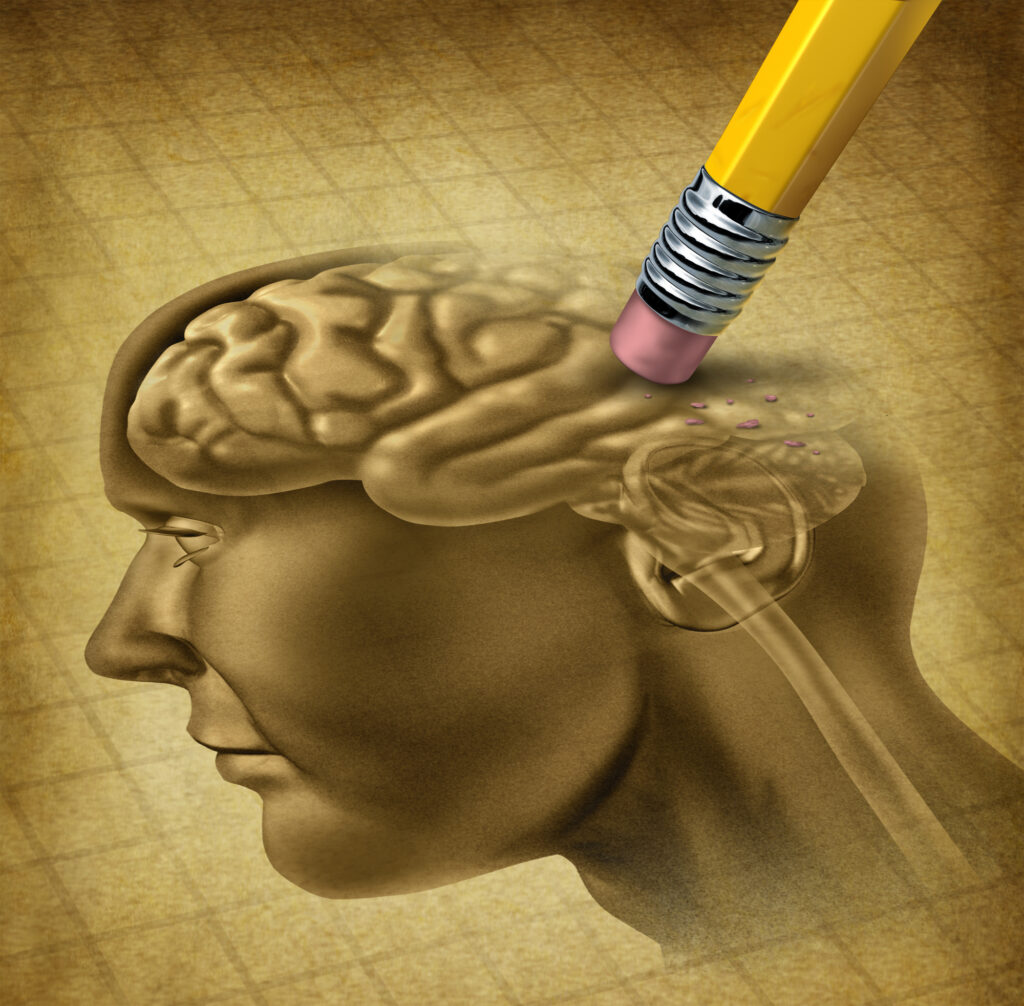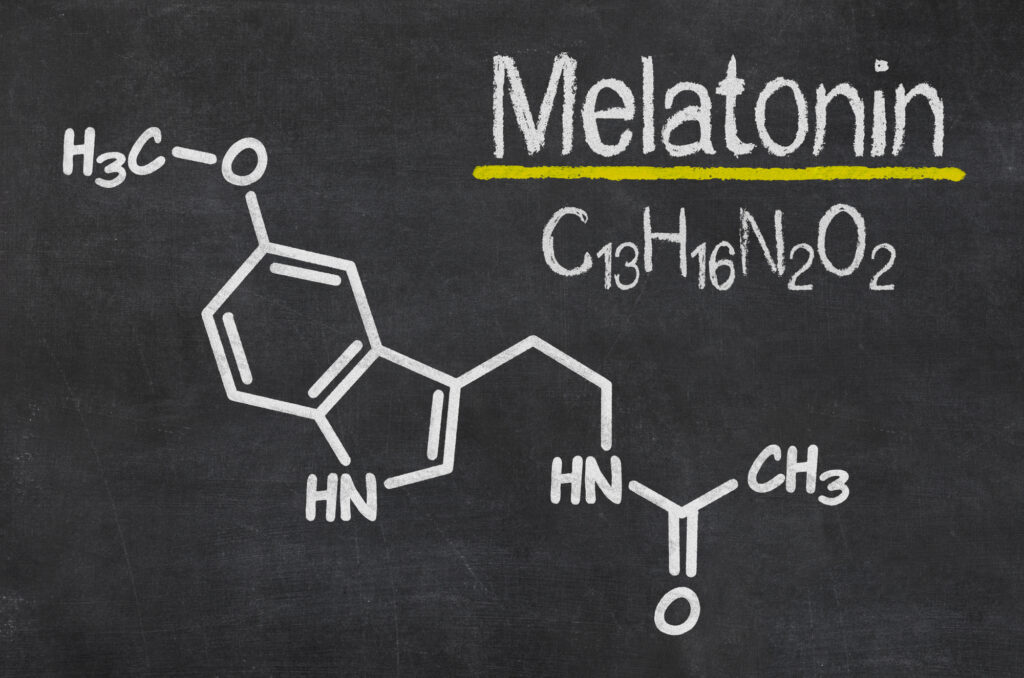Search Results
Nutritional Medicine
March 21, 2023
No Comments
Nutritional Medicine Resource Center The Significance of Silicon Naturally present in the human body, silicon is integral for optimal collagen production, supporting the health of ...
Read More →
Commentary: Strategic Tax Planning for Physicians
March 20, 2023
No Comments
In the United States, physicians are paid on a higher-end as compared to the professionals working in other industries. However, since you earn more, you ...
Read More →
Sleep: Your Night Job
February 22, 2023
No Comments
Any health news junkie can see that the importance of sleep has come to center stage. Our collective interest in this shut-eye time grew when studies ...
Read More →
Research-Backed Ingredients to Support Mood Balance
February 16, 2023
No Comments
Love Your Happy Place The human microbiota consists of trillions of microorganisms, such as bacteria, viruses, fungi, and others. The vast majority, around 70%, of ...
Read More →
Too Little Choline Is Linked with Alzheimer’s
January 19, 2023
No Comments
The research on choline’s brain-boosting benefits keeps building. In the latest study from Aging Cell, researchers have linked a deficiency in this vitamin-like nutrient with ...
Read More →
Melatonin – more than a hormone for sleep
January 10, 2023
No Comments
In recent years, melatonin has become one of the world’s most popular dietary supplements – a fact some may attribute to an increase in screen ...
Read More →
NAC May Help Boost Motivation by Addressing Oxidative Stress
November 8, 2022
No Comments
Getting and staying motivated is hard for many people. In fact, it is such a frequent problem that scientists have invested much time and research ...
Read More →
Blue Light Therapy Helps PTSD Sufferers
November 8, 2022
No Comments
People with post-traumatic stress disorder (PTSD) experienced better sleep, a reduction in the severity of symptoms, and more effective treatments after exposure to blue light ...
Read More →
Picky Eaters vs. Sensory Eaters in Neurodiverse Children
September 27, 2022
No Comments
Most young children go through food jags — periods of picky eating where they will only eat one food or a small selection of foods ...
Read More →
Environmental Pollutants & the Microbiome
September 16, 2022
No Comments
In a recently published Frontiers in Medicine review, the bidirectional interactions between environmental toxicants and the gut microbiota were examined, highlighting the complex relationship between ...
Read More →










